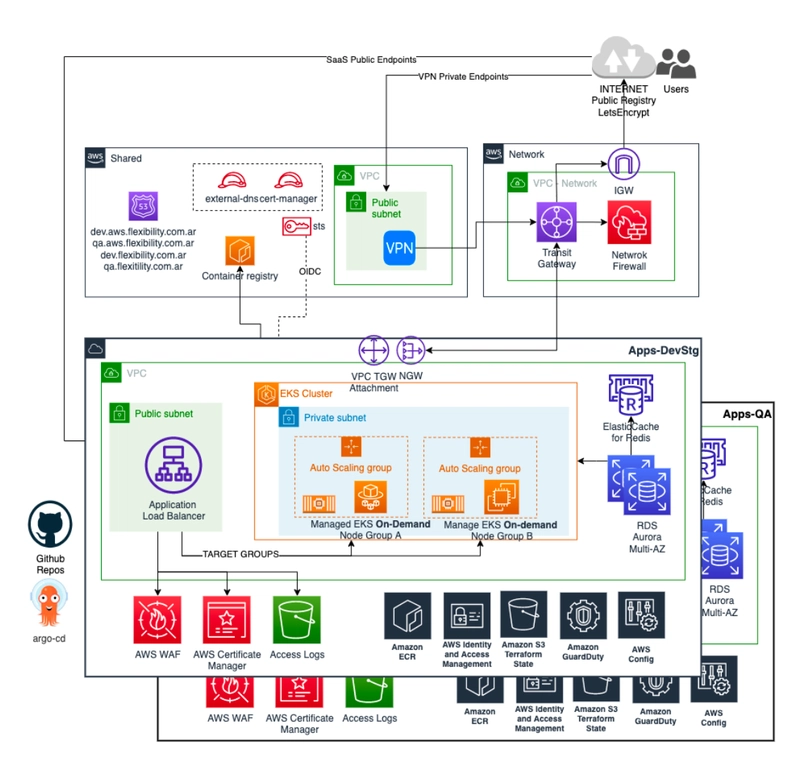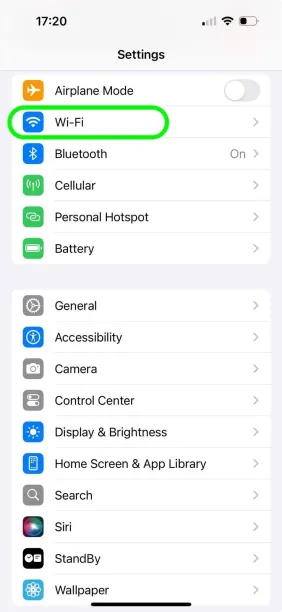Kubernetes Windows Nodes Vulnerability Allows Arbitrary Command Execution On Host
A newly disclosed vulnerability in Kubernetes, CVE-2024-9042, has raised concerns within the cloud-native community. This security flaw specifically affects Windows worker nodes and could allow attackers to execute arbitrary commands on the host system by exploiting the `/logs` endpoint of a node. While the issue has been rated Medium severity with a CVSS v3.1 score […] The post Kubernetes Windows Nodes Vulnerability Allows Arbitrary Command Execution On Host appeared first on Cyber Security News.

A newly disclosed vulnerability in Kubernetes, CVE-2024-9042, has raised concerns within the cloud-native community.
This security flaw specifically affects Windows worker nodes and could allow attackers to execute arbitrary commands on the host system by exploiting the `/logs` endpoint of a node.
While the issue has been rated Medium severity with a CVSS v3.1 score of 5.9, its potential impact on Kubernetes environments makes it a significant concern for organizations relying on Windows nodes.
Kubernetes Windows Nodes Vulnerability
The vulnerability resides in the Kubelet, a core Kubernetes component responsible for managing pods and their containers on worker nodes. It affects the following versions:
- v1.32.0
- v1.31.0 to v1.31.4
- v1.30.0 to v1.30.8
- All versions ≤v1.29.12
The flaw allows users with sufficient permissions to query the `/logs` endpoint to inject malicious commands, which are then executed on the host machine. This could lead to unauthorized access, data breaches, or further exploitation within a cluster, reads the advisory.
Investigate Real-World Malicious Links & Phishing Attacks With Threat Intelligence Lookup - Try for Free
This vulnerability impacts only Windows worker nodes running the affected Kubelet versions listed above. To determine if your cluster is at risk, you can run the following command:
```bash
kubectl get nodes -l kubernetes.io/os=windows
```
If any Windows nodes are present and running an affected version, your environment is vulnerable.
Mitigation Steps
To address this vulnerability, Kubernetes administrators must upgrade their Windows worker nodes to one of the patched Kubelet versions:
- v1.32.1
- v1.31.5
- v1.30.9
- v1.29.13
Upgrading involves updating your cluster’s Kubelet binaries and ensuring compatibility with other components in your Kubernetes environment.
To identify potential exploitation of this vulnerability, administrators should review their cluster’s audit logs for suspicious queries to the `/logs` endpoint containing unexpected or malicious inputs.
“`bash
Example: Search audit logs for unusual /logs queries
grep "/logs" /var/log/kubernetes/audit.log | grep -i "suspicious_input"
“`
Organizations are encouraged to implement robust monitoring practices and regularly audit API activity to detect anomalies early.
The vulnerability was discovered and reported by security researcher Tomer Peled, with mitigation coordinated by Kubernetes contributor Aravindh Puthiyaprambil.
While CVE-2024-9042 has a medium severity rating, it underscores the importance of securing Kubernetes clusters, particularly those running Windows nodes which have historically been more susceptible to vulnerabilities compared to Linux-based environments.
This incident highlights:
- The need for timely patching of critical infrastructure.
- The importance of implementing least privilege access controls.
- Regular audits of API endpoints to prevent misuse.
As Kubernetes continues to be a cornerstone of cloud-native infrastructure, maintaining its security is paramount for organizations worldwide. Administrators should act swiftly to mitigate CVE-2024-9042 by upgrading affected components and enhancing monitoring practices within their clusters.
Integrating Application Security into Your CI/CD Workflows Using Jenkins & Jira -> Free Webinar
The post Kubernetes Windows Nodes Vulnerability Allows Arbitrary Command Execution On Host appeared first on Cyber Security News.
What's Your Reaction?



























_Vladimir_Stanisic_Alamy.jpg?#)
























![Kicked Out Of His Seat—Delta Passenger Forced To Move For A Dog [Roundup]](https://viewfromthewing.com/wp-content/uploads/2024/12/delta_dog_in_bulkhead-transformed.jpg?#)






























